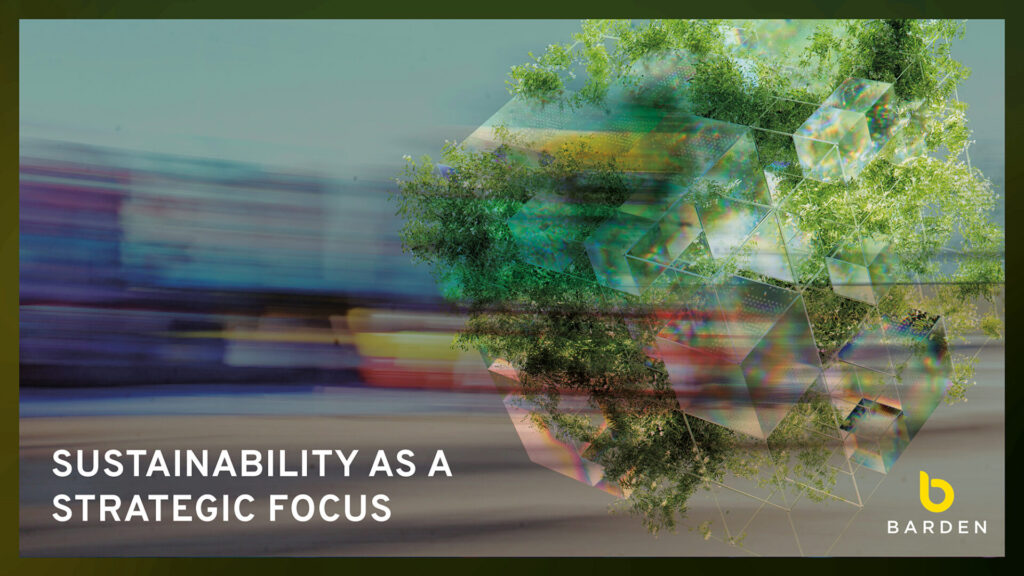Sustainability has moved from a “nice-to-have” to a strategic priority for life sciences organisations. It’s about compliance, yes, but also cost savings, brand image, and talent attraction. Energy, water, and waste are now key focus areas. Companies are investing in solar, wind, and water reduction.
This isn’t feel-good PR; saving 20–30% on energy makes a real impact. With carbon levies and EU targets tightening, sustainability is smart business.
We are seeing a clear two-pronged approach:
- Avoid penalties and
- Position as green employers to attract values-driven talent.
Let’s take a look at some of the companies implementing significant sustainability initiatives.
J&J
- Renewable Energy: The Ringaskiddy site is powered by wind turbines constructed in collaboration with the Cork Lower Harbour Energy Group, contributing to Johnson & Johnson Ireland’s achievement of sourcing 100% of its electricity from renewable sources by 2025 .
- Zero Waste to Landfill: Since 2016, the Ringaskiddy plant has achieved zero waste to landfill, ensuring all waste is recycled, reused, or disposed of sustainably.
- Water Efficiency: The site operates closed-loop water systems and has implemented rainwater harvesting, with collected water used for cooling towers and non-potable purposes.
- Biodiversity Initiatives: Efforts include establishing an apiary to support local bee populations, building bug hotels, and planting 741 indigenous trees to enhance local biodiversity.
- Global Targets: Johnson & Johnson aims to achieve carbon neutrality across all operations by 2030 and has signed the Business in the Community Low Carbon Pledge, committing to carbon reduction targets in line with the Paris Agreement
Recordati Ireland
- Renewable Energy: In 2022, photovoltaic solar panels were installed at the Ringaskiddy site, aiming to provide 15–20% of the site’s annual electricity needs.
- As of 2023, 100% of the electricity purchased for Recordati’s production sites and annexed offices in countries where renewable energy is available comes from renewable sources. The company aims to install additional renewable energy systems across its facilities, targeting a total installed capacity of 11,000 kWp by 2026.
- Electric Vehicle Infrastructure: To promote sustainable transportation, electric vehicle charging stations have been introduced at the Ringaskiddy facility, encouraging employees to adopt low-emission vehicles
- Biodiversity and Pollinator Support: The site has joined Ireland’s National Pollinator Plan, established pollinator-friendly habitats, and participated in Pollinator Week activities. These efforts aim to enhance local biodiversity and support pollinator populations
- Tree Planting Initiatives: Between 2021 and 2023, Recordati planted over 14,000 trees as part of its commitment to environmental conservation, with a goal to reach 24,000 trees by 2024, equating to approximately five trees per employee
Gilead Sciences Ireland
- Zero Waste Certification: The Carrigtwohill facility achieved TRUE Gold Certification with a diversion rate of 92.3%, reflecting a robust zero-waste strategy.
- Waste Reduction Initiatives: Implemented measures include eliminating single-use plastics, introducing reusable alternatives in food service areas, and advanced in-house waste segregation and recycling techniques.
- Employee Engagement: Comprehensive training programs, regular waste audits, and the use of data management platforms have empowered staff to actively participate in waste reduction efforts.
Eli Lilly
- Solar Energy: The Kinsale site operates a solar farm comprising 12,600 panels, producing up to 5.6MW of power, reducing the site’s annual carbon footprint by 2,350 tonnes .
- 2030 Environmental Goals:
- Climate: Achieve carbon neutrality in operations and use 100% renewable electricity.
- Waste: Achieve zero waste to landfill and repurpose 100% of plastic waste for beneficial use.
- Water: Ensure no impact on water-stressed areas and prevent pharmaceutical contamination in the environment.
- Sustainable Transportation: Introduced bus services from Cork city to the Kinsale campus to reduce individual car usage
MSD Ireland – Brinny
- Greenhouse Gas Reduction: Aims for a 40% reduction in greenhouse gas emissions by 2025 compared to 2015 levels.
- Renewable Energy Goals: Targets 50% of purchased electricity from renewable sources by 2025 and 100% by 2040.
- Carbon Neutrality: Committed to achieving carbon neutrality in operations (Scope 1 & 2) by 2025.
AbbVie – Carrigtwohill
- Emission Reduction Targets: Commits to reducing absolute Scope 1 and 2 greenhouse gas emissions by 42% by 2030 from a 2021 base year.
- Renewable Electricity: Plans to increase sourcing of renewable electricity from 29.5% in 2021 to 100% by 2030.
- Supplier Engagement: Aims for at least 79.1% of its suppliers by emissions to have science-based targets by 2027.
- Environmental Management: All five Irish manufacturing sites are certified in ISO 14001, 45001, and 50001, reflecting robust environmental and energy management systems.
Final Thoughts
From renewable energy adoption to biodiversity efforts and zero waste strategies, these companies are proving that sustainable practices drive both compliance and commercial value. As regulations tighten and expectations rise, those who lead on sustainability will be best positioned to thrive – attracting top talent, avoiding penalties, and building brands that endure.
For more Life Sciences insights or to discuss career opportunities in this field…
Connect with Aidan on LinkedIn or at aidan.crowley@barden.ie


 Jump Back
Jump Back

